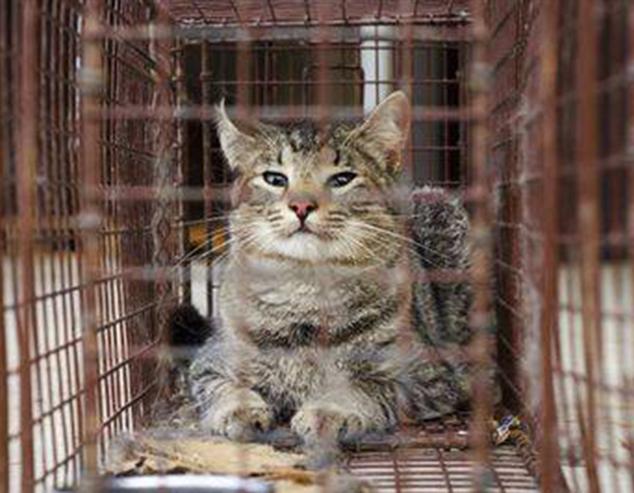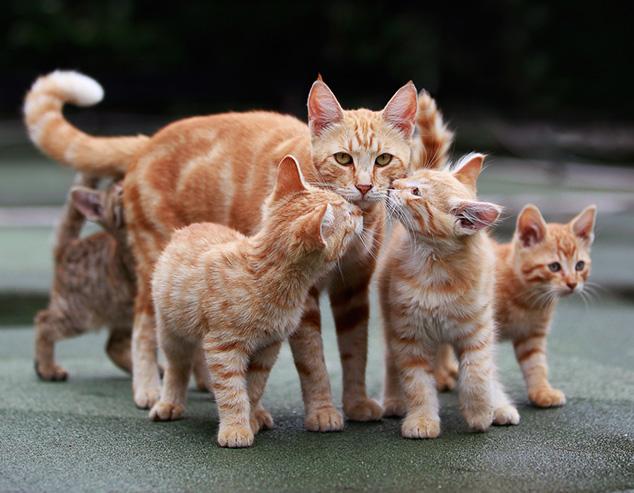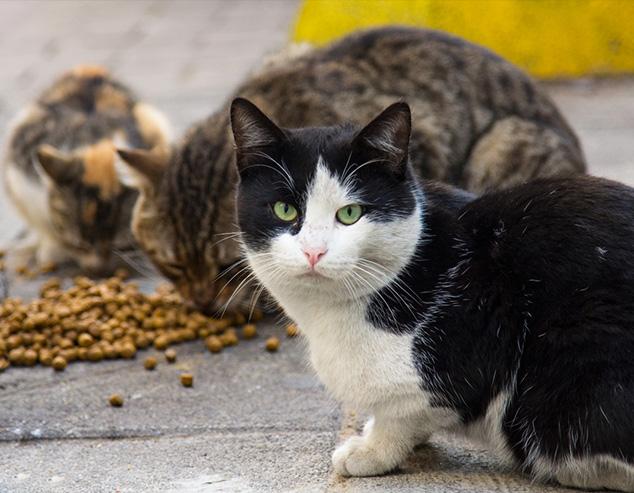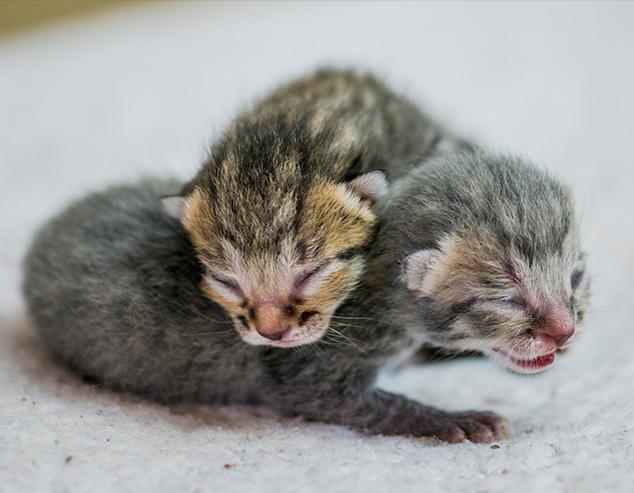PROGRAMS
TNR: TRAP- NEUTER-RETURN
RESPONSIBLE POPULATION CONTROL
Why TNR Is Key For Marion County
The most humane option for truly feral cats is trap-neuter-return. Through this process, cats are humanely trapped, spayed or neutered, given a rabies shot, ear tip, and occasionally wound treatment, and returned to the location they were trapped.
Instances where TNR may be appropriate are where there are large colonies living and reproducing near a place of business or homes, or even just a few cats that a citizen may be feeding that "just showed up" on their property.
In Marion County, it is completely legal for feral cats to live in the wild, just as a bird, squirrel, or other wild animal.
As long as the cats have a caretaker who feeds them regularly, they will stay in the area and not cause problems for domestic animals or other wildlife.
Instances where TNR may be appropriate are where there are large colonies living and reproducing near a place of business or homes, or even just a few cats that a citizen may be feeding that "just showed up" on their property.
In Marion County, it is completely legal for feral cats to live in the wild, just as a bird, squirrel, or other wild animal.
As long as the cats have a caretaker who feeds them regularly, they will stay in the area and not cause problems for domestic animals or other wildlife.

The process of TNR helps to prevent disease and unwanted litters of kittens, and also keeps a small, managed, cat population from becoming a truly out-of-control situation.
DO YOU HAVE STRAY OR FERAL CATS LIVING IN YOUR NEIGHBORHOOD OR PLACE OF BUSINESS?
While we do not currently lend out traps, we do have a TNR team that will come out and help trap the cats and return them to the area.
If this is something that interests you, please fill out our
Program Services Application here and start saving lives and preventing more homeless cats from being born.
If this is something that interests you, please fill out our
Program Services Application here and start saving lives and preventing more homeless cats from being born.

THE FACTS ABOUT FERAL CATS
What Is A Feral Cat?
Cats are in crisis in America! According to the American Humane Association, "71 percent of cats that enter animal shelters [in the United States] are euthanized... 2 percent of cats that enter animal shelters are reunited with their owners." One way to lower the rate of euthanasia is to enact a trap-neuter-return program for feral cats.
Why focus on feral or "community" cats? Cats are described as "feral" when they are born out in the wild and not socialized with people. They often live with a community of other cats, called a "colony," which is often a mix of cats born in the wild and domestic cats that were dumped or abandoned by their owners.
Why focus on feral or "community" cats? Cats are described as "feral" when they are born out in the wild and not socialized with people. They often live with a community of other cats, called a "colony," which is often a mix of cats born in the wild and domestic cats that were dumped or abandoned by their owners.
If feral kittens are able to be trapped at a very young age, they are much easier to domesticate than juvenile or adult feral cats. They are better candidates for adoption. If any cats are trapped and deemed "feral" by animal controls or shelters, they are often automatically euthanized. The saddest part about this is that most of these cats live just fine out in the wild. We at VOCAL believe that it is much more ethical to spay and neuter them and then release them back into the colony from where they came. Fortunately, Marion County changed their ordinances for feral cats in 2018 and now trap and neuter return is an accepted and legal practice in our county!
FULL SERVICE TRAP NEUTER RETURN PROGRAM
What Is VOCAL Doing In Regards To Feral Cats?
As a nonprofit animal welfare organization in Marion County, we are a major supporter of trap-neuter-return. We believe that if our community can keep the quantity of cats under control in these colonies through sterilization, we believe that they can live happy and complete lives in the wild. All cats that are fixed through TNR programs are ear-tipped and released back into their colony. We currently have a TNR program at VOCAL that is part of our community outreach initiatives. Our volunteers trap community cats weekly and take them in for surgery and then release them back to their colonies. Our program is quickly growing and we are excited to finally be offering full service Trap Neuter Return services to residents in our community.

"By spaying and neutering just one male and one female cat, more than 2,000 unwanted births can be prevented in just four years - and more than 2 million in 8 years!"

TNR PROGRAM DONATION
Consider Donating Toward Our Ongoing TNR Campaign
One cat being spayed or neutered will not only contribute to a much better quality of life for each cat but will also prevent the misery of thousands of unwanted lives! Your TNR donation goes towards the TNR surgery of a feral/community cat and is the portion the owner/caregiver is responsible for covering.
IT'S A COMMUNITY EFFORT
How Can You Help Feral Cats?
So what can you do to help our feral cat efforts? Do you see stray cats running around your neighborhood? If they are friendly, but you think may have been abandoned, you can take them to a local shelter or vet and have them scanned for a microchip and checked for a spay/neuter.
If you find a litter of newborn kittens - don't move them! More than likely, their mother is out finding food and will return to her babies shortly. Try to keep an eye out for their mother, and if you can catch the whole family, contact VOCAL. We will do our best to provide you with community contacts, find a foster family, and/or spay the mother cat when she is finished nursing.
If you find a litter of newborn kittens - don't move them! More than likely, their mother is out finding food and will return to her babies shortly. Try to keep an eye out for their mother, and if you can catch the whole family, contact VOCAL. We will do our best to provide you with community contacts, find a foster family, and/or spay the mother cat when she is finished nursing.

If you have a feral cat colony in or around your area and are feeding these cats, but need help with spaying and neutering them, please submit a TNR Assistance Application by clicking here. To get more information on our program, call us at (352) 289-0800 or send an email to info@vocalforpets.org. We are trying to control the feral cat population so fewer cats are born into homeless.
STAY IN THE KNOW
Sign Up for Our Newsletter